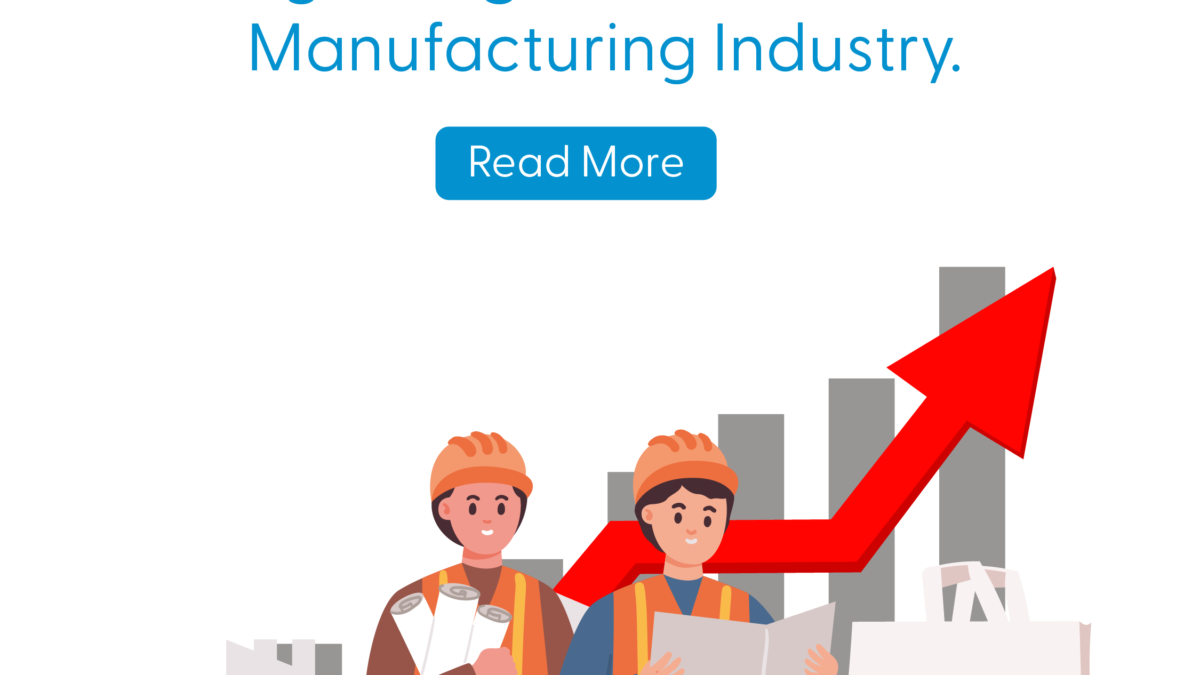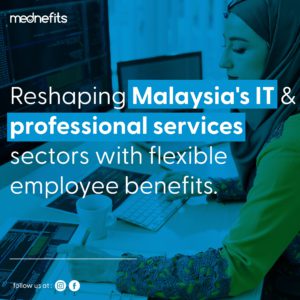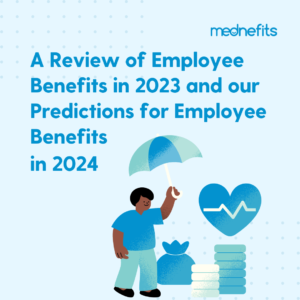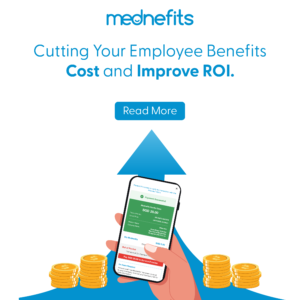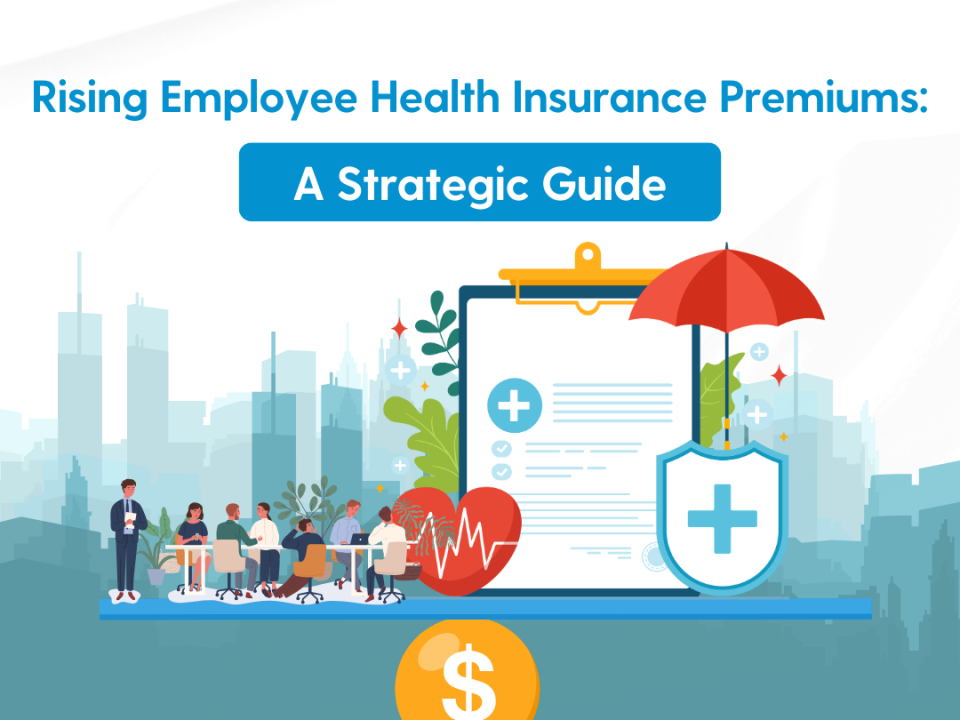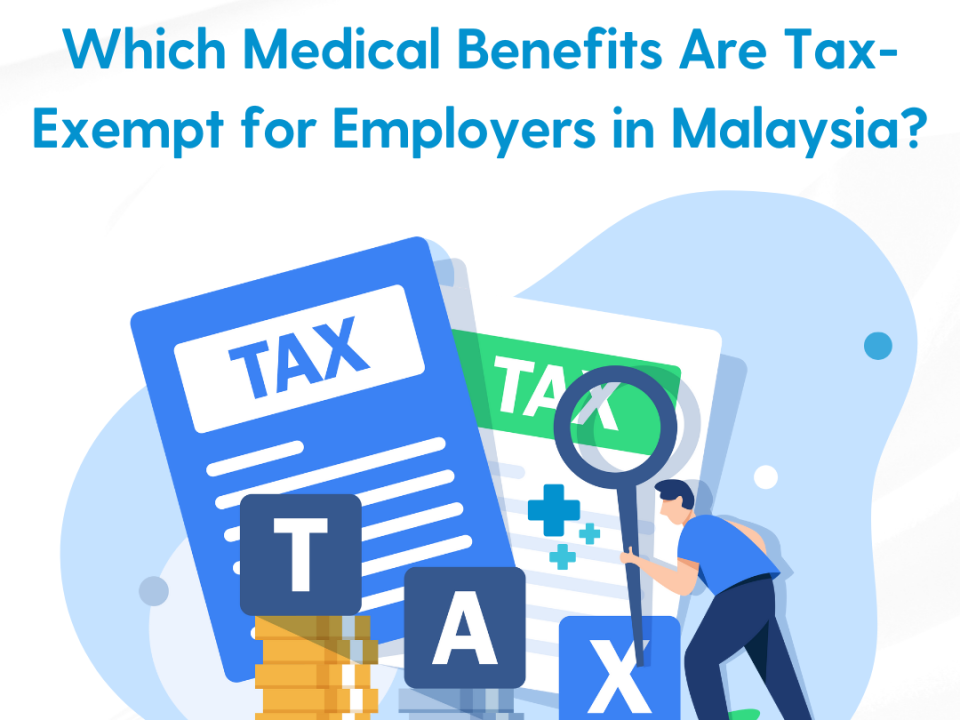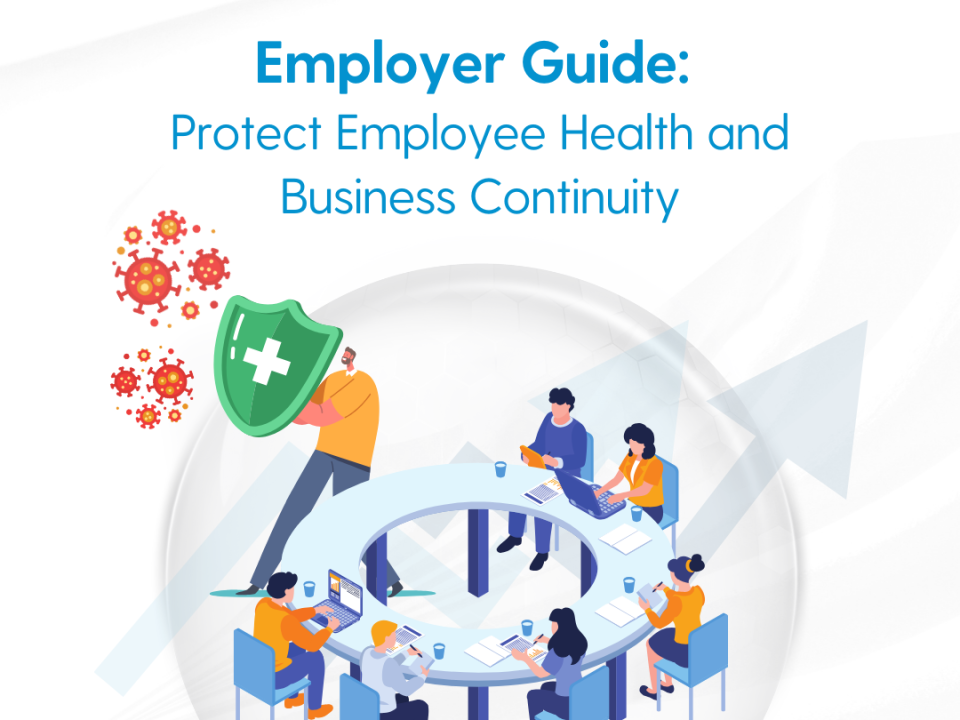
Innovate or Fall Behind: Future-proofing Talent Attraction in Malaysia’s Education Industry
May 14, 2024
Revealing The Hidden ROI Behind Employee Benefits Programmes
June 4, 2024Optimising Healthcare Spending: Tackling Benefit Abuse in Malaysia’s Manufacturing Sector
Employee Benefits
Optimising Healthcare Spending: Tackling Benefit Abuse in Malaysia's Manufacturing Sector
May 23, 2024
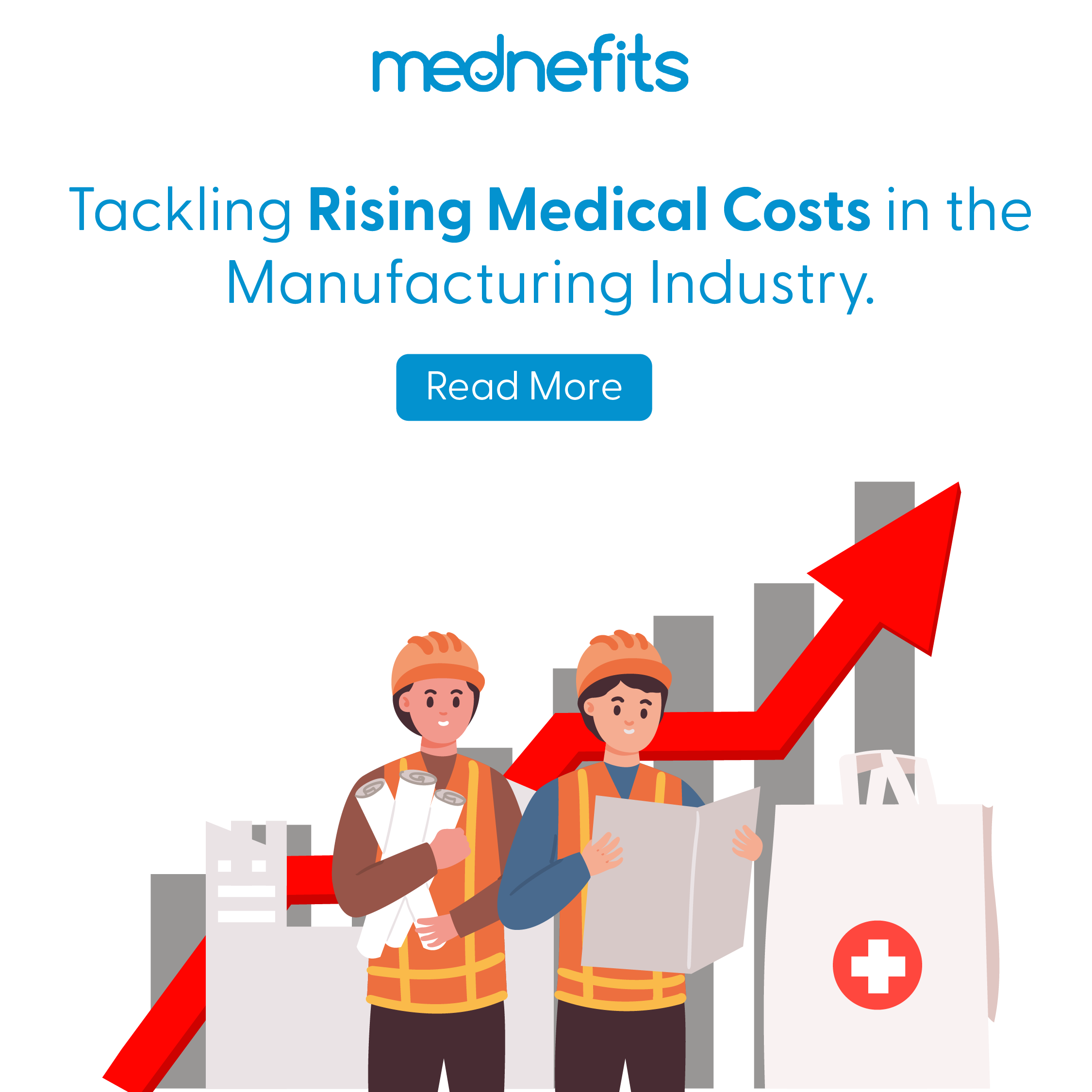
According to a WTW poll, APAC healthcare benefit cost hikes are expected to continue until 2024 largely. The average cost of healthcare in APAC increased from 7.2% in 2022 to a peak of 9.9% in 2023 according to the WTW Global Medical Trends Survey. The insurer-reported cost trend is anticipated to not alter from 9.9% in 2024.
In Malaysia, according to a study by Fitch Solutions, public and private healthcare spending is expected to rise gradually over the next five years, with a compound annual growth rate of 7.7% through 2027.
Amidst these trends, managing rising medical costs in the diverse manufacturing Industry in Malaysia is becoming increasingly challenging for employers. The escalation of medical expenses in the manufacturing sector can be attributed to various factors, including technological advancements in healthcare, an ageing workforce and the prevalence of chronic diseases.
Unchecked medical costs not only strain company budgets but also erode profitability. For instance, according to a report, when workers abuse sick time, the cost to employers increases by almost 300%. The updated estimates may be much higher given that the Malaysian Employers Federation (MEF) had earlier said that 10.7 million lost days between June 1, 2018, and May 31, 2019, resulted in losses of RM20.71 billion.
Moreover, the diverse employee demographics in the manufacturing industry, comprising both factory workers and office staff, pose additional challenges, necessitating higher resources to cater to their distinct needs.
As healthcare expenses continue to soar, it becomes imperative for companies to proactively mitigate these risks to maintain budgetary control and ensure financial stability. In this article, we delve into the intricacies of these challenges and unveil strategies to combat them effectively.
Identifying potential benefits abuse and the role of flexible benefits in risk mitigation
One of the main issues faced by the manufacturing sector is benefits abuse, with common scenarios including unnecessary medical consultations, overuse of medications, and misuse of insurance coverage. According to a survey, around three in five or 62% of Malaysians are willing to commit fraud to file an insurance claim, according to a study revealed by FICO, an international data analytics company. Recognising warning signs and red flags among blue-collar employees is crucial to combatting this issue effectively.
Flexible benefits emerge as a proactive solution to mitigate the risks associated with rising medical costs and benefits abuse. By offering employees the flexibility to choose from a range of benefits, tailored to their individual needs, companies can exercise better cost control. For instance, HR can set predetermined caps on expenses for different benefits, such as GP visits versus dental or optical care.
This is where manufacturing companies in Malaysia can leverage the Mednefits platform. The Mednefits platform enables employers to apply caps to contain costs and regulate overconsumption or abuse of employee benefits. Caps such as caps per visit, monthly caps, scheme caps, and category caps guarantee access to essential healthcare services while assisting in reducing overconsumption.
Through the Mednefits app, employees are also able to view their remaining balance in real-time. The employee payment method includes the out-of-pocket part if the employee's entitlement portion is running short.
Implementing cost-effective flexible benefits solutions
As per the Department of Statistics, Malaysia (DoSM), the sales value of the manufacturing sector in Malaysia experienced a positive year-on-year rise of 3.2% and reached RM152.7 billion in January 2024.
According to Statista, in Malaysia, there were about 107.5 thousand vacancies in the manufacturing sector as of 2022—a rise from the year before. One of Malaysia's most significant businesses is manufacturing, and there is an urgent demand for manpower in this field.
As such, employers in this industry must be abreast of the always-changing trends in talent acquisition and employee retention. Offering flexible benefits is the way to go. Tailoring flexible benefits packages to suit the needs of blue-collar employees is essential for their effectiveness.
Strategies for promoting responsible benefits utilisation and discouraging abuse include employee education, incentivising healthy behaviours, and fostering a culture of transparency. Leveraging technology to track and manage benefits usage effectively enhances oversight and accountability.
Mednefits offers a comprehensive flexible benefits platform tailored specifically for the manufacturing industry. With features designed to mitigate risks of overspending and benefits abuse, companies can regain control over their budgets. Real-time balance tracking empowers employees to make informed decisions, while built-in safeguards prevent overutilisation. Additionally, the platform streamlines the process of medical claims submission, promoting transparency and accountability.
Leveraging innovation for a better, more streamlined talent scene in manufacturing
Mitigating rising medical costs and benefits abuse is paramount for the sustainability of the manufacturing industry in Malaysia. Companies must embrace proactive measures, such as adopting flexible benefits solutions, to maintain budgetary control and ensure financial stability.
By empowering employees with choice and transparency, businesses can navigate these challenges effectively, safeguarding their bottom line and fostering a healthier workforce. It's time for companies to take action and secure a brighter future for the manufacturing sector.
